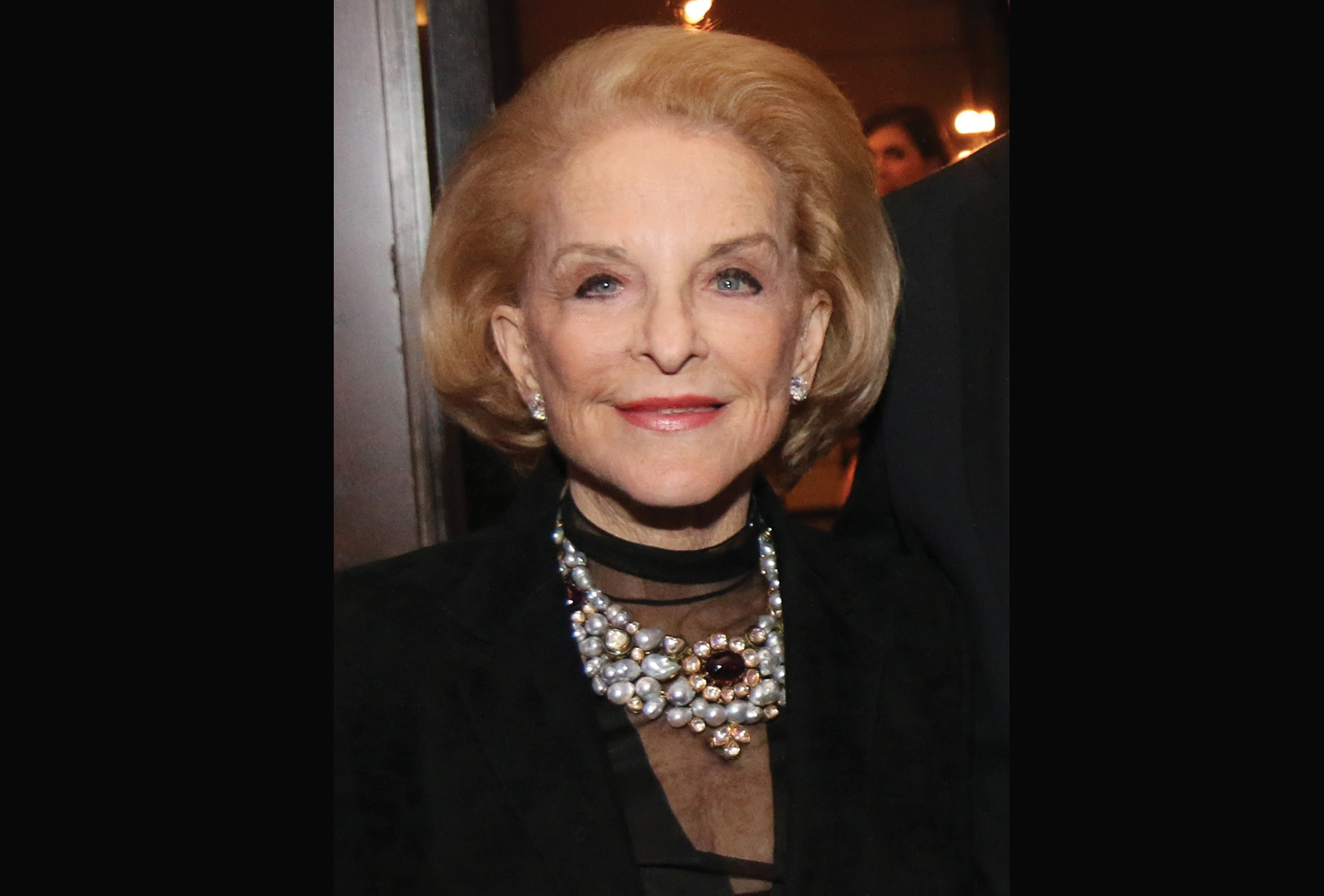In 1986, Robert and Nancy Dedman invested $10 million in the College of Liberal Arts to help recruit and educate the nation’s top students. Since its creation in 1989, the Dedman Distinguished Scholars (DDS) program has funded the education of nearly 200 students.
Dedman scholarships cover tuition, housing, books and all other education-related expenses. In addition, the scholars are granted a stipend of up to $20,000 for experiential learning opportunities such as study abroad, research projects and unpaid internships. They also gain membership to the Dedman Academy, a rigorous training and mentorship program to help prepare them for success at UT Austin and beyond.
The program boasts three British Marshall scholars, two Harry S. Truman scholars, one Hertz Foundation fellow, one National Science Foundation fellow and one Rhodes scholar. A founder of the program, an alumnus and a student share what it means to be part of this extraordinary community.
Nancy McMillan Dedman is a philanthropist from Bristow, Oklahoma, and now resides in Dallas. She has a bachelor’s degree in political science with a minor in history from Southern Methodist University, where she graduated in 1950 as a member of the prestigious liberal arts and sciences honor society Phi Beta Kappa.
What motivated you and Robert to create the DDS program?
First, a desire to “give while living” to an institution that has been meaningful to our family; and second, the recognition of the importance of liberal arts studies for individuals and our nation.
“The liberal arts teach you skills to not just make a living, but make a life.”
Nancy Dedman
Why do you think studying the liberal arts is so valuable?
The liberal arts teach you skills to not just make a living, but make a life. They prepare you for your first job and for multiple careers, which is especially important given the projected longevity of today’s students. The liberal arts teach the skills that are paramount to a free society — freedom of thought, freedom of inquiry, freedom of seeking new truths and freedom of becoming your best self through learning more about our legal, economic, moral, political and cultural origins and aspirations. Finally, they teach you about freedom of choice — to make informed decisions about how to be victors and not victims over whatever challenges or obstacles you encounter in life. Liberal arts develop our capacities, increase our flexibility and expand our horizons for a constantly changing world.
How has the program been most memorable to you?
The joy of seeing the scholars develop a passion for their various disciplines and to see the camaraderie of the scholars and how they help one another academically, personally and professionally.
What are your hopes for the students you support?
That they achieve their greatest personal and professional potential in life. It is also my hope they will stay involved with the DDS as mentors to improve the quality of experience for future scholars. Lastly, that each scholar has a passion for helping others and building their communities.
What do you wish for the program as it approaches its 30th anniversary?
First, that we will be able to support more scholars in the future. Second, that the alumni network will continue to grow and flourish. Third, that we will continue to enhance the program with experiences and relationships. As Thomas Jefferson said, “The only thing you have remaining at the end of your life are experiences and relationships. Make them extraordinary!”
Recently visiting Marfa with the scholars and my family just reinforced how special the scholars are today and the potential they have for changing our world for the better in the future.
How do you enjoy spending your free time?
Traveling with family and reading great books. I am 90 years young and I am still a voracious traveler and reader.
What would people be surprised to learn about you?
I have had the opportunity to travel and study with some of the great chefs of the world and that I compiled a cookbook of my favorite family and friends’ recipes.
